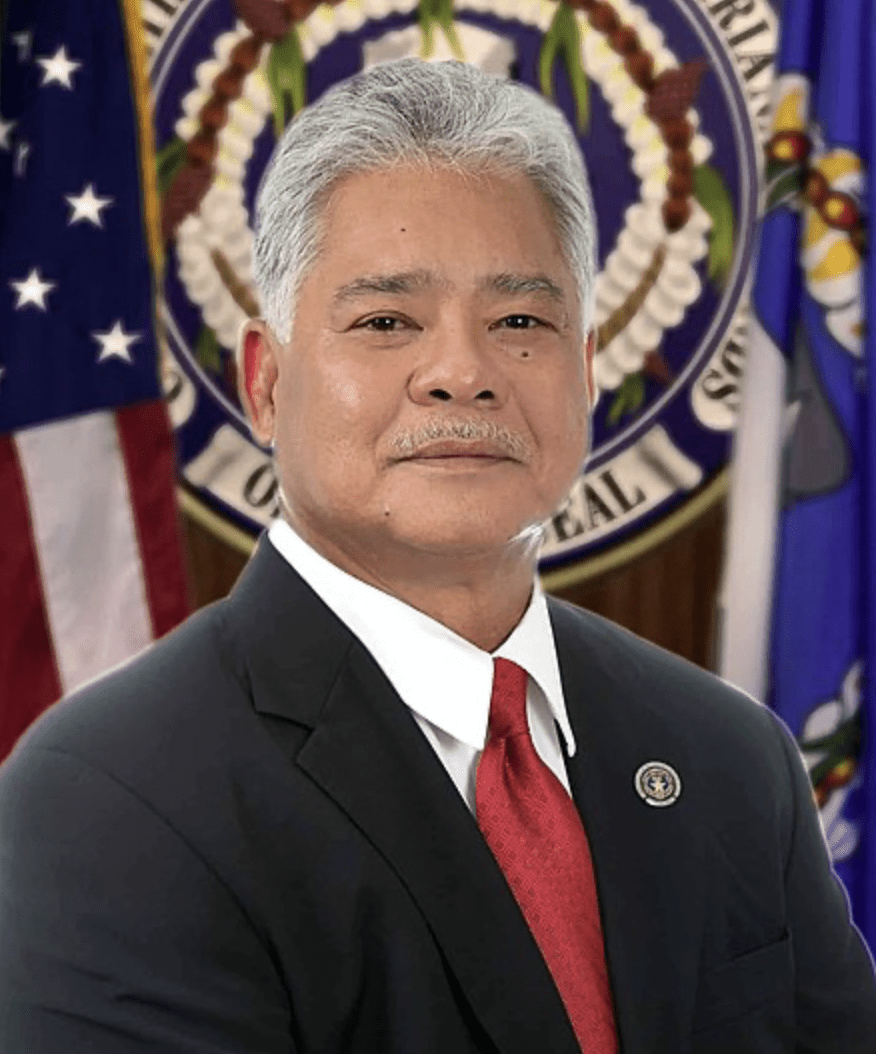
Governor Arnold Palacios’ vision of a future where every CNMI resident – no matter where you live, how much you make, who you are, or the disability you live with – will have access to high-speed internet is much closer than you might think. And with that future comes millions in new money to the CNMI economy at a time when the government desperately needs the tax revenue and the market can use an infusion.
The National Telecommunications and Information Administration (NTIA) has approved the CNMI Broadband Policy and Development (BPD) Office’s BEAD Initial Proposal Volume 1, according to a news release from the BPD. BEAD stands for Broadband Equity, Access, and Deployment.
That means that very soon, a four-year construction program and timeline will begin that will bring high-speed (100mbps download and 20mpbs upload) internet service to every home for only $30 a month.
BEAD provides $42.45 billion to expand high-speed internet access by funding planning, infrastructure deployment and adoption programs in all 50 states, Washington D.C., Puerto Rico, the U.S. Virgin Islands, Guam, American Samoa, and the Commonwealth of the Northern Mariana Islands. The CNMI will be able to spend $80 million of this money on this effort. That amount represents 70 percent of an entire CNMI government annual budget.

“Since the NTIA has approved our Volume 1 we can now launch a Challenge Portal,” BPD administrator Glen Hunter said. “The Challenge Portal will give ISPs and NGOs an opportunity to review all the unserved and served locations and challenge if they are labelled correctly. In the CNMI case we are 100% unserved. We have talked with the ISPs and we do not anticipate any challenges since it is well known that 100/20 service is not available to households in the CNMI.”
Volume 2, which has been submitted for NTIA approval, proposes a geographic breakup of the CNMI in 21 tracts, where internet service providers (ISP), and other non-governmental organizations will be able to bid for federal funds to provide high-internet infrastructure and service to each of the 21 tracts. Qualified subgrantees are ones with a track record of providing internet service.
Once the Volume 1 challenge process is complete – a process that takes about 90 days – and the NTIA approved Volume 2, the BPD will begin subgranting the federal funds to winning ISPs and NGOs.
“We have a scoring rubric in Volume 2 that is being approved that we will use to select the winning subgrantees,” Mr. Hunter said. The BPD will submit all documents related to the subgrants to the NTIA for review and approval to ensure program compliance.
“Once they are satisfied they will approve a final proposal for the CNMI BEAD program, we will begin BEAD implementation which will roll out an underground fiber to the home network to all households in the CNMI within four years,” Mr. Hunter said.
The CNMI received Volume 1 approval before Guam, which still is waiting for NTIA approval, and is on track for Volume 2 approval.
Mr. Palacios created the BPD under his office to pursue the NTIA program in order to make high-speed, affordable internet a reality for every CNMI resident.
[Author’s disclosure: Mr. Hunter is my former brother-in-law.]



